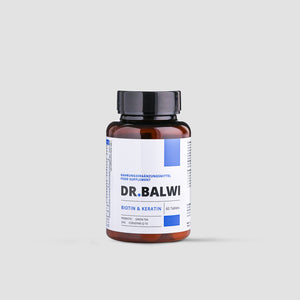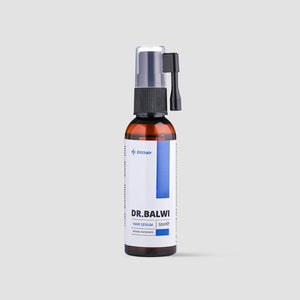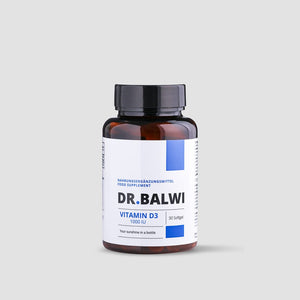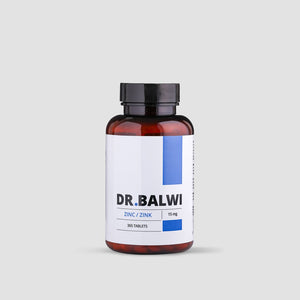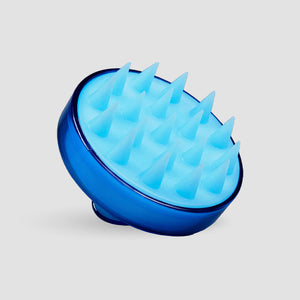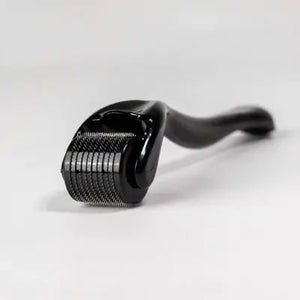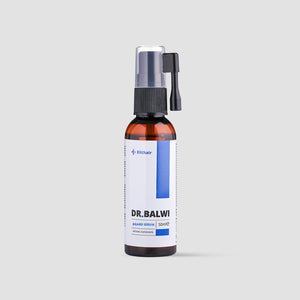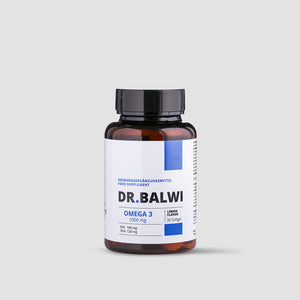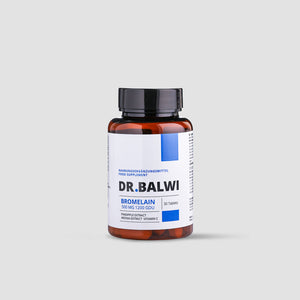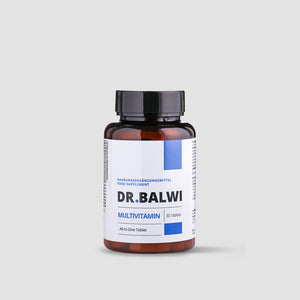
Hair loss due to depression
Table of contents
- The cycle of hair loss and depression
- How and why the psyche influences hair growth
- Is hair loss caused by depression reversible?
- The possibility of a hair transplant for depression
- Conclusion | Cause depression - hair loss occurs as a consequence
The cycle of hair loss and depression
When it comes to depression, your sadness goes far beyond a temporary "mood." Dissatisfaction with your life, a traumatic event, or mental stress without an obvious trigger can make you sick. Mental balance has a positive effect on hair growth and your skin's appearance. When your mental health suffers, physical symptoms develop. Diffuse or circular hair loss and depression are mutually reinforcing. If you're depressed, the emotional distress affects your hair growth phase. If you lose hair, your thoughts revolve around baldness, and your depression can worsen. At first glance, there seems to be no way out of this cycle. Hair growth products are ineffective because the cause of hair loss is psychological. Remember that depression is a mental illness that requires treatment.How and why the psyche influences hair growth
A "healthy soul" is essential for your physical well-being and a regulated hormonal balance.- Emotional stress and simmering inner conflicts lead to depression over time. When the mind is ill, physical warning signs don't appear immediately.
- Many depressed people live for months or years with the constantly changing feeling of deep sadness and happiness.
- If you suffer from hair loss due to depression, you will usually recognize the problem by changing phases.
- If you are trapped in the darkness, you will lose a lot of hair.
- When your mood brightens and the manic phase sets in, your hair suddenly grows strong and thick.
- Depression can lead to circular or diffuse hair loss. If the cause is misdiagnosed, it can even lead to complete hair loss.
- The psyche affects your immune system, blood circulation and the nutrient and oxygen levels in your blood.
- Inflammatory processes occur in your body, causing serious damage to the scalp and leading to hair follicle loss.
- Hair loss increases your emotional stress because, in addition to the emotional conflict smoldering within you, you are also afraid of baldness.
- Healing your psyche, getting more rest and avoiding emotional conflicts will completely stop hair loss due to depression.
- If the psyche heals, all the accompanying symptoms of your emotional overload end and your hair can grow again.
Is hair loss caused by depression reversible?
 Your hair will usually grow back, but that's not always the case. To prevent baldness or hair loss on the top of your head, at your receding hairline, or in the forehead area, you need to address the underlying cause. This isn't easy, as you have to admit to yourself that you're depressed. By the time you reach this point, both the depression itself and the hair loss may already be quite advanced. Reversal is always possible if the hair roots themselves aren't damaged. If you suffer from stunted hair growth and the follicles are intact, your hair will grow back the moment your soul begins to heal . People who live with depression for several months or years and are unable to acknowledge their mental illness can suffer from irreversible hair loss due to the depression. In this case, neither hair growth products nor a diet that provides the body with a large amount of important nutrients and minerals will help. Since depression weighs heavily on your mind and leads to physical limitations, you should act early and seek psychological treatment. In addition, yoga and autogenic training can promote mental relaxation and therefore also have a positive effect on hair growth.
Your hair will usually grow back, but that's not always the case. To prevent baldness or hair loss on the top of your head, at your receding hairline, or in the forehead area, you need to address the underlying cause. This isn't easy, as you have to admit to yourself that you're depressed. By the time you reach this point, both the depression itself and the hair loss may already be quite advanced. Reversal is always possible if the hair roots themselves aren't damaged. If you suffer from stunted hair growth and the follicles are intact, your hair will grow back the moment your soul begins to heal . People who live with depression for several months or years and are unable to acknowledge their mental illness can suffer from irreversible hair loss due to the depression. In this case, neither hair growth products nor a diet that provides the body with a large amount of important nutrients and minerals will help. Since depression weighs heavily on your mind and leads to physical limitations, you should act early and seek psychological treatment. In addition, yoga and autogenic training can promote mental relaxation and therefore also have a positive effect on hair growth.The possibility of a hair transplant for depression
Many sufferers ask a hair clinic whether a hair implant is possible for hair loss caused by depression .- Depending on the severity of hair loss, it may be a matter of thickening or a hair transplant to treat bald areas.
- The possibility is there as soon as your mind and body are in balance.
- During the depression itself or in the initial stages of therapy, the success rate is lower.
- The freshly transplanted hair grows from a scalp with good blood circulation and needs rest.
- It is best to take advantage of the free initial consultation at a reputable hair clinic and tell the treatment team during the consultation that your hair loss is the result of a depressive illness.

